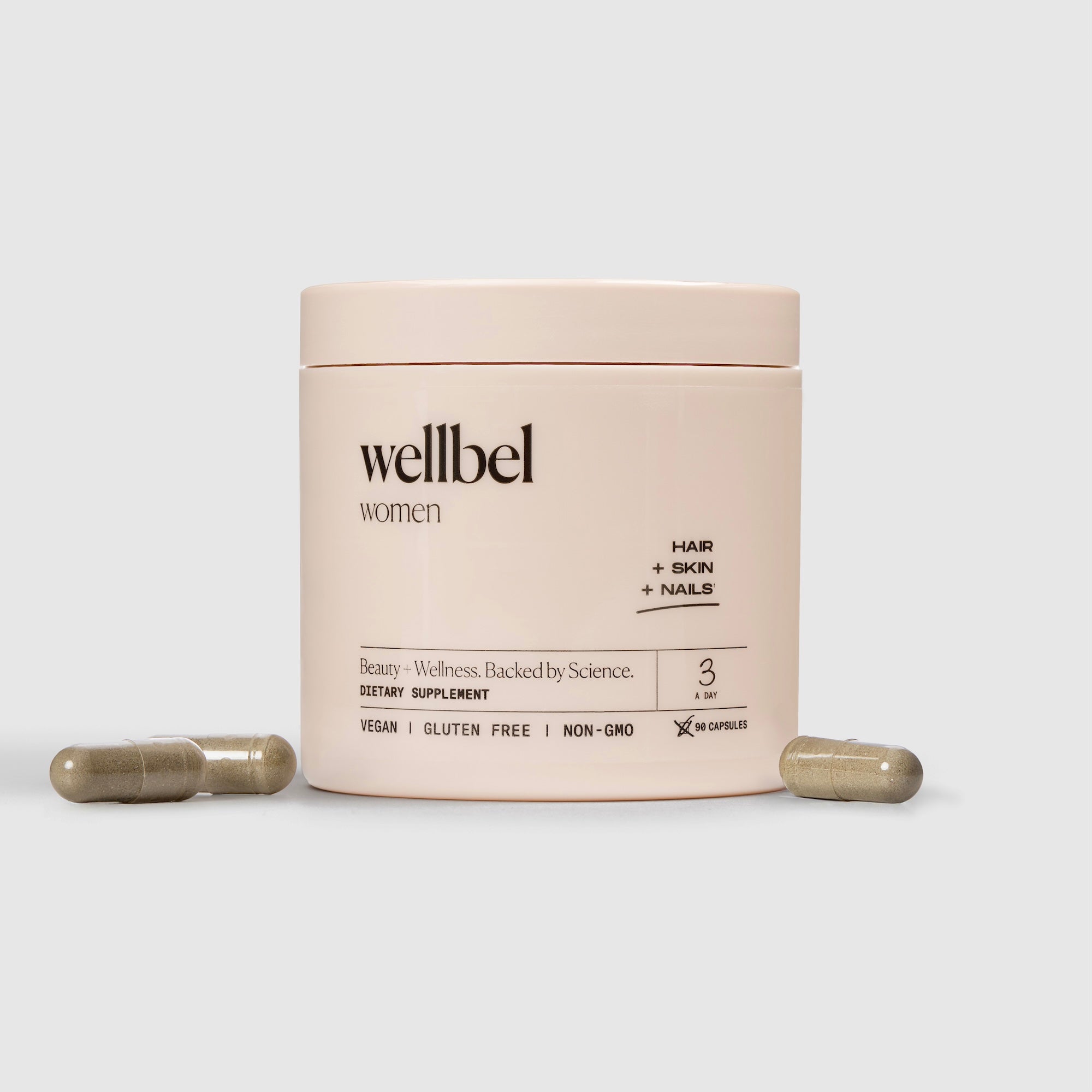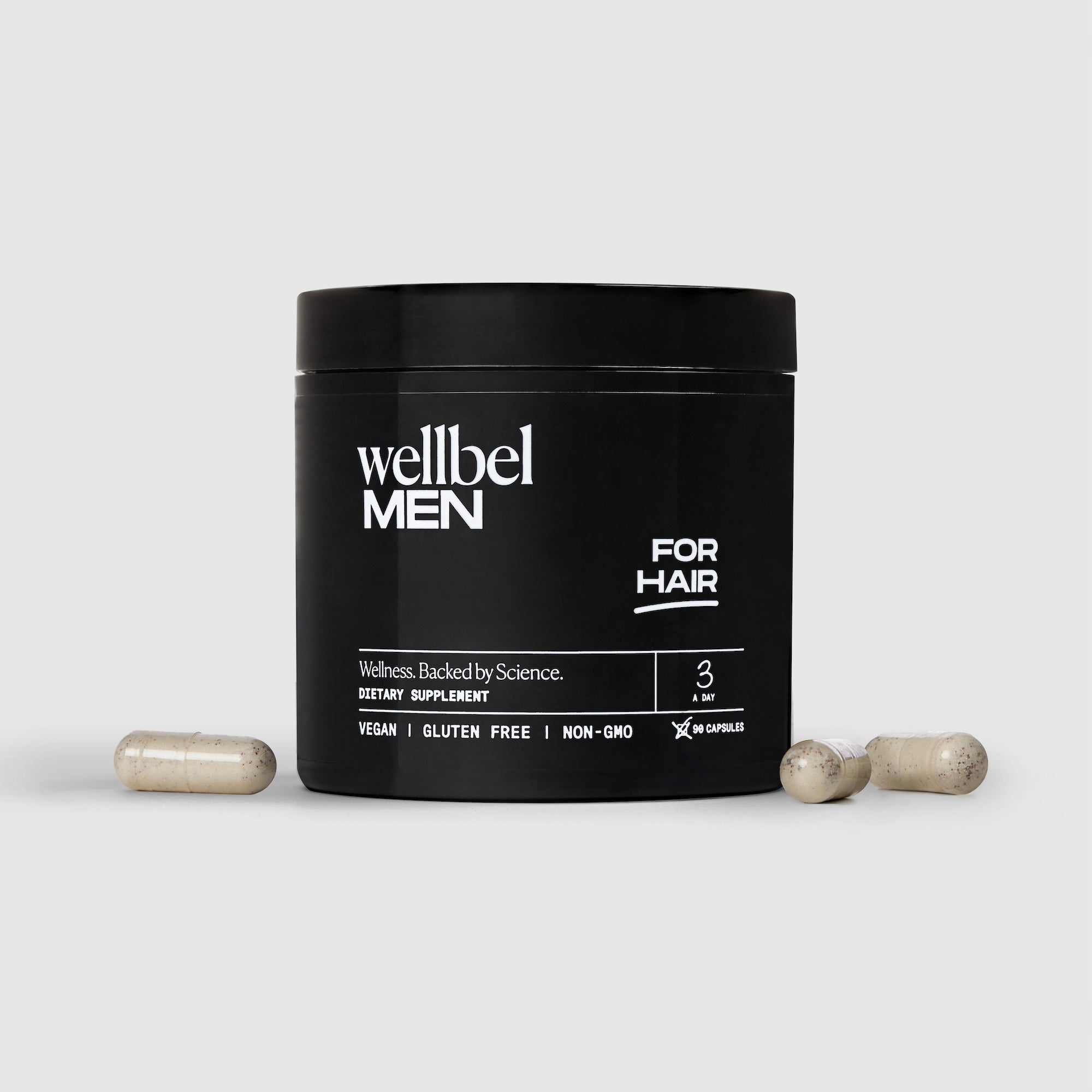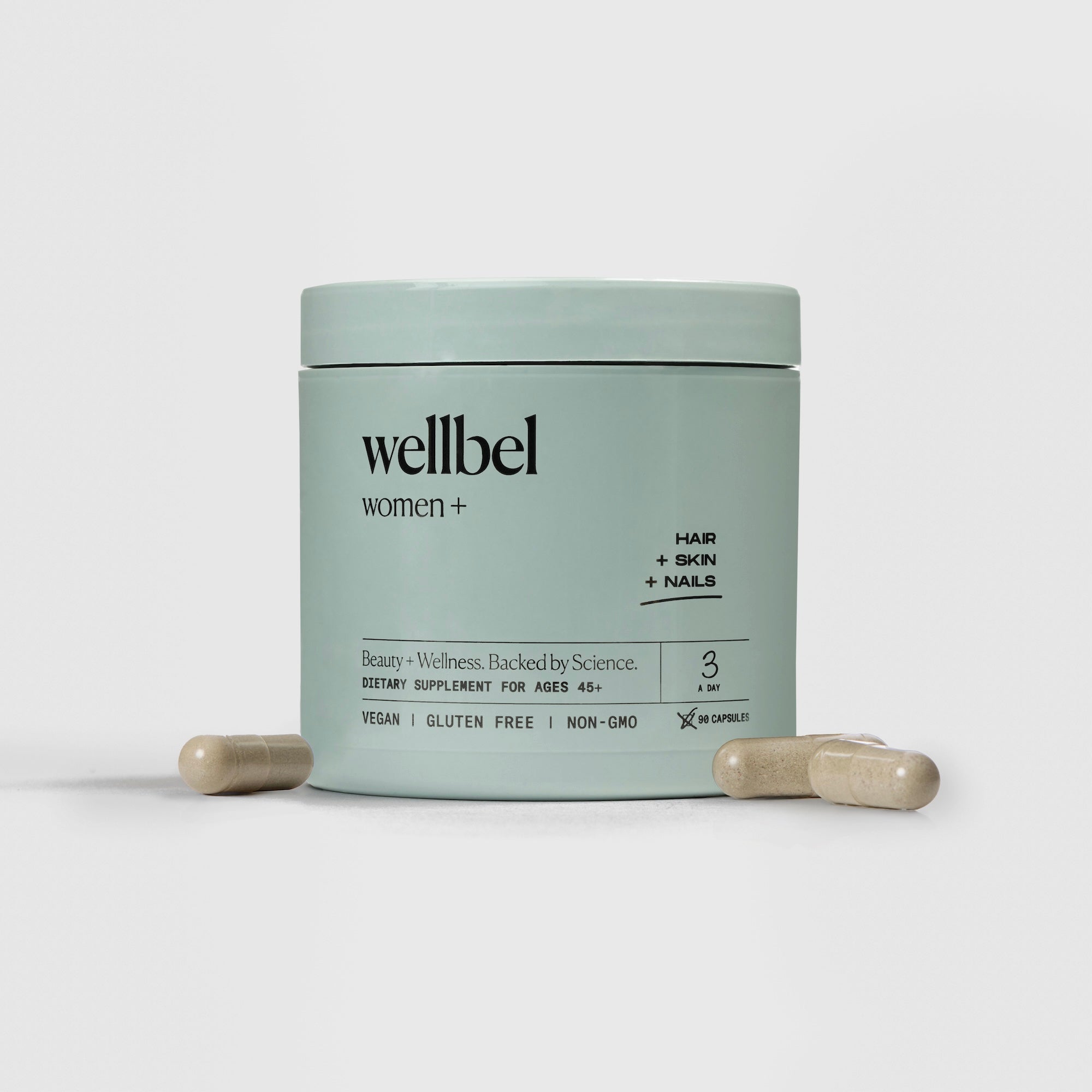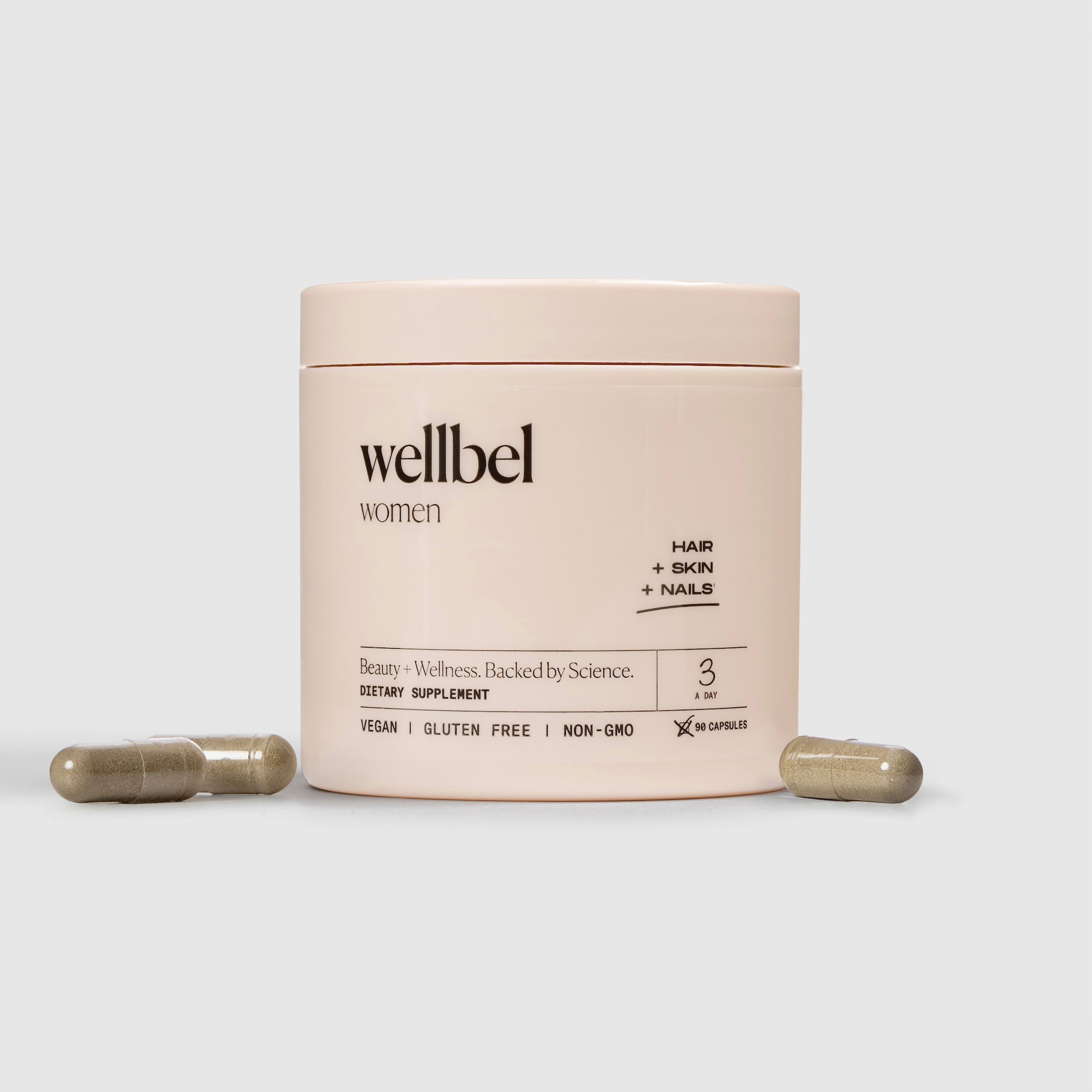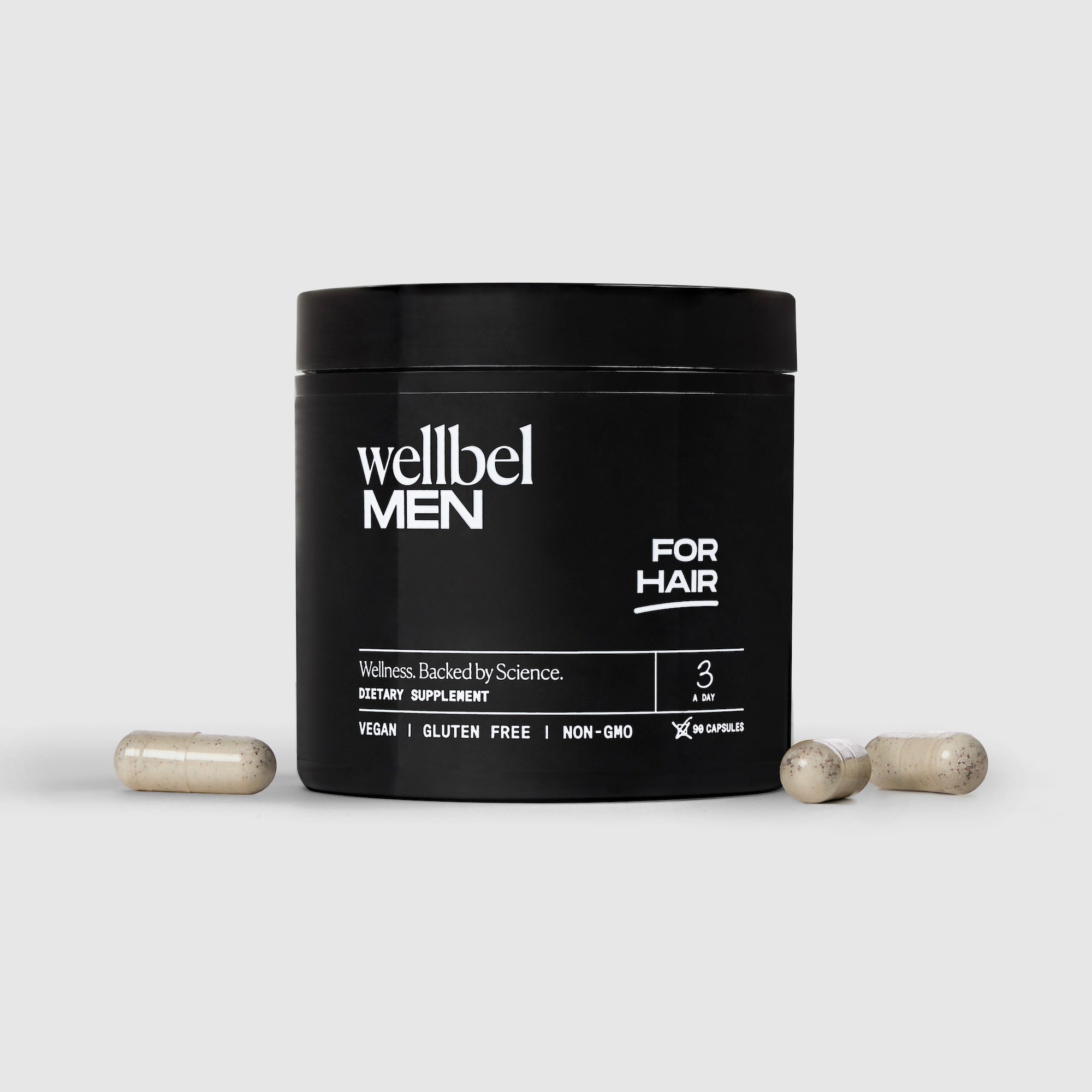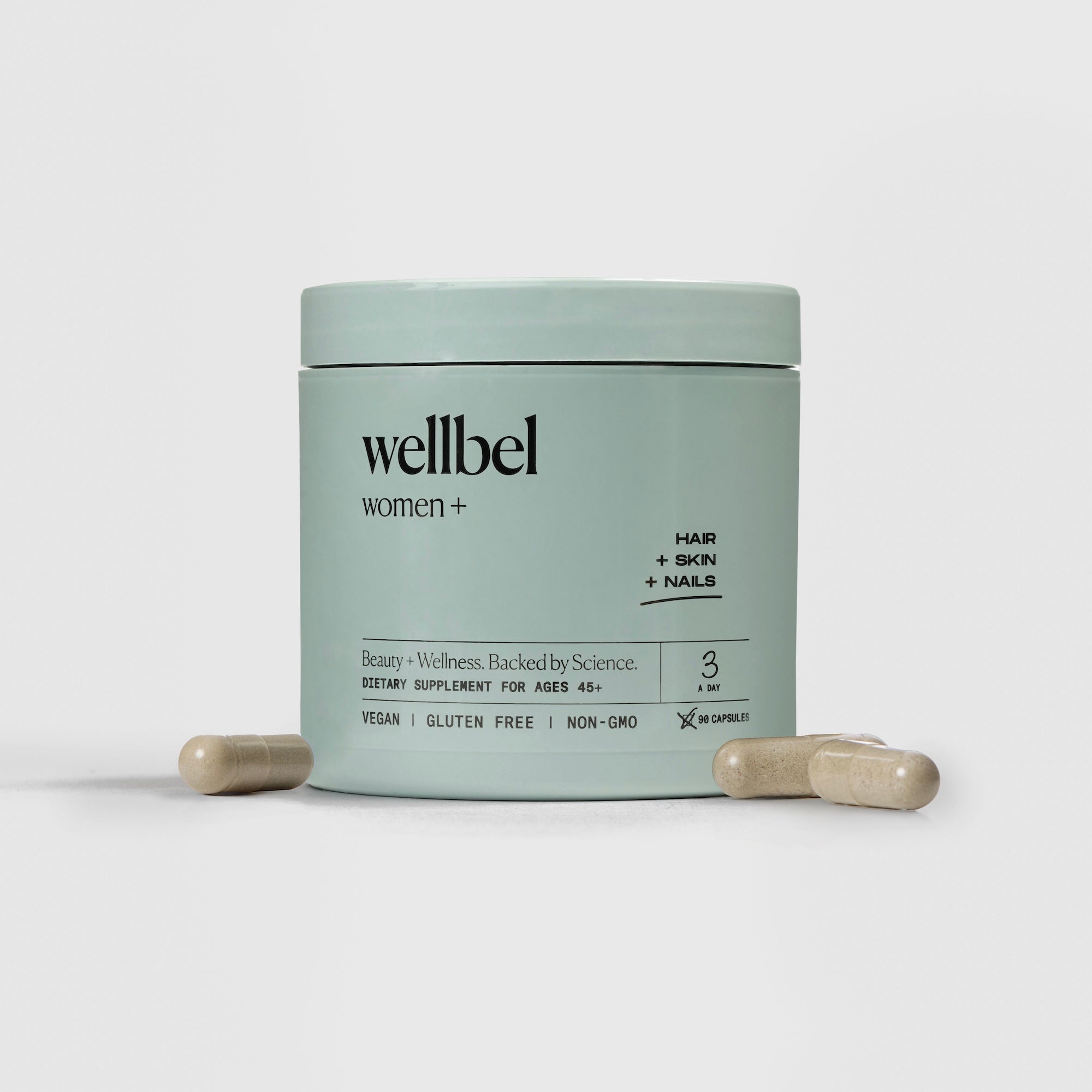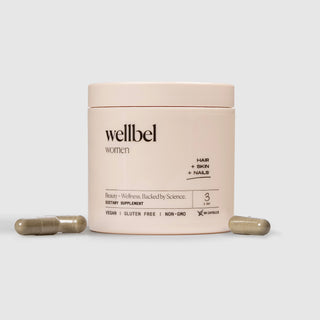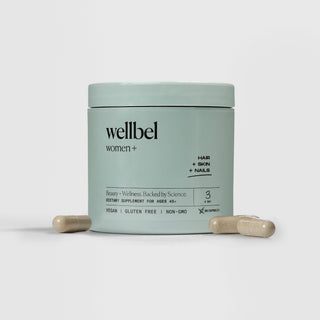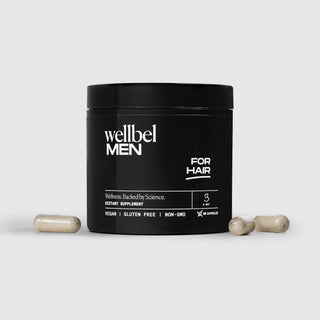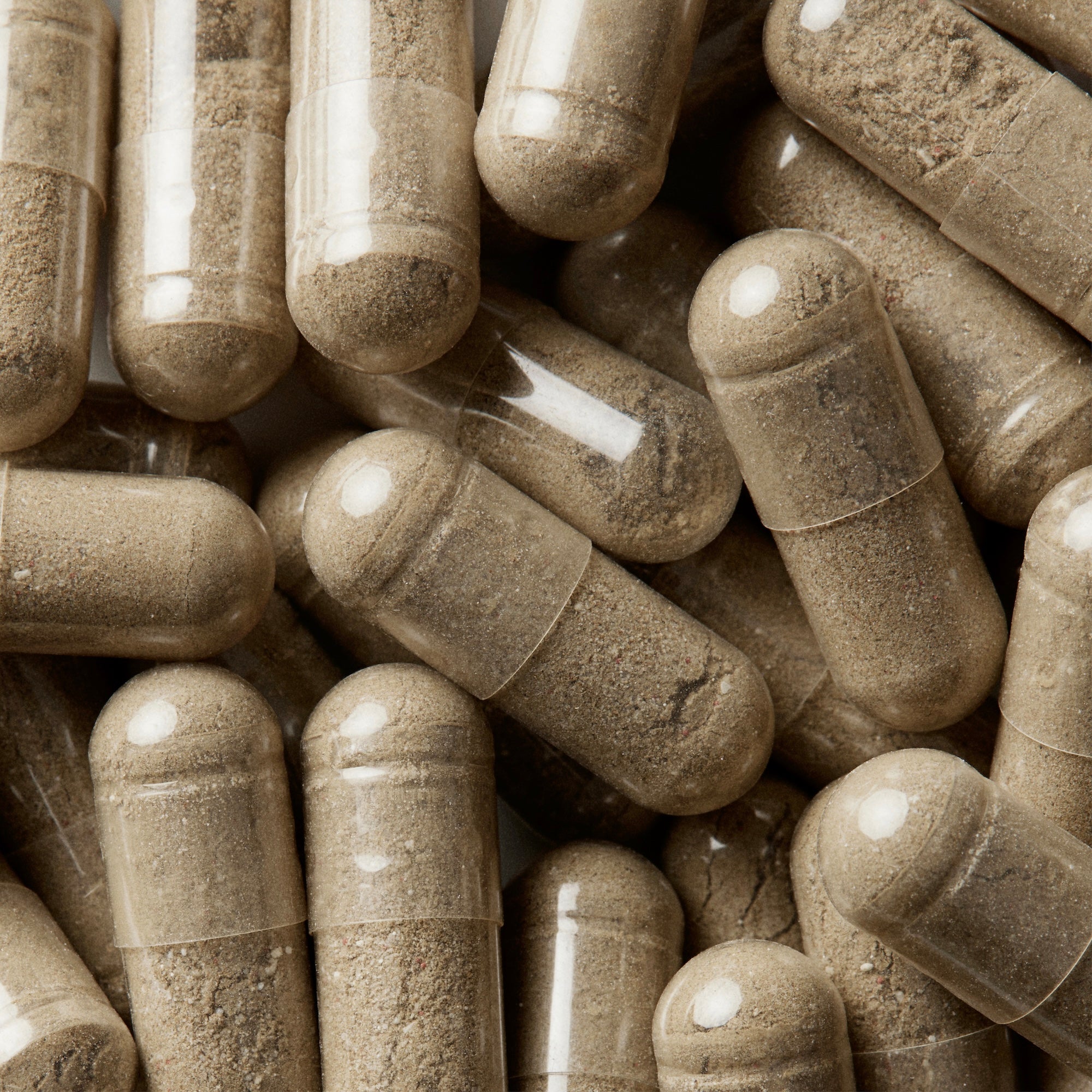We all know about the importance of sleep, but who would guess that sleep also affects hair health! Sleeping Beauty may end up with bed head, but at least she has hair that is more vibrant, nourished, and healthy.
If you’re experiencing hair loss and it’s been a long time since you remembered getting a prolonged period of sleep, it’s possible the two are connected. Sleep deprivation has a serious impact on the body and can absolutely affect your hair growth cycle.
Let’s get into the science on the connection between sleeping and hair loss.
How Does Sleep Affect Hair Health?
A good night’s sleep is powerful when it comes to hair growth.
This is because restorative sleep helps balance key hormones like cortisol, growth hormone, and melatonin. These hormones all play vital roles in maintaining healthy hair, skin and nails. Human growth hormone, for example, which is made predominantly while we sleep, builds and repairs tissues and has an effect on hair cells at the root to promote healthy growth. If you want healthy hair follicles, you have to make your sleep cycle a priority.
Melatonin has a similar effect, and elevated levels of cortisol due to lack of sleep can conversely cause miniaturization of hair follicles and hair loss. In other words, poor sleep can stunt hair growth.
How Can We Optimize Our Beauty Sleep?
Now that you understand how sleep influences the human body's natural hormones, and how those hormones thus affect hair health, let’s get into some tips for how you can get enough sleep.
One of the best things you can do for your wellness (and therefore your hair!) is to build out a sleep routine. These can be tough to stick to but the positive benefits for your health are expansive. Many factors impact our ability to fall and stay asleep, so it’s good to approach the subject from multiple angles.
Here are some tips for how to ensure you get on a proper sleep schedule.
- Practice good sleep hygiene. Use your bed only for sleep and sex, so your mind begins to associate that environment with sleep.
- Create a bedtime routine so that preparing for sleep feels like a ritual. You can take a soothing warm bath beforehand, or dim the lights.
- Limit your exposure to blue light from phones and screens throughout the day with blue light filters, especially in the last three hours before bed.
- Ensure a cool and comfortable room 65-70’F. Dropping your core body temperature actually causes a surge in melatonin production.
- Ensure a completely dark room. Light can mess with your internal Circadian clock.
- Try a weighted blanket if you struggle with anxiety and tossing and turning.
- Limit fluids within three hours of bedtime.
- Consider taking magnesium glycinate or threonate (about 400mg) before bed.
- If you need help slowing down, turn to meditation through apps like Calm or Headspace. These apps can also help you establish emotional wellbeing, which has a big effect on your body’s functions!
- Limit your daytime caffeine intake. Slow caffeine metabolizers may have difficulty sleeping.
Although this may seem like an extensive list, choosing strategies that work best for you would be a great place to start!
Closing the Loop on Healthy Sleep Patterns
From your brain function to your hair’s growth cycles, there’s no part of our wellbeing that sleep doesn’t touch. Poor sleep can lead to or exacerbate high blood pressure, memory loss, skin problems, hair loss, and thinning hair. So take a cue from Sleeping Beauty and make sure you’re getting restful sleep every night.

